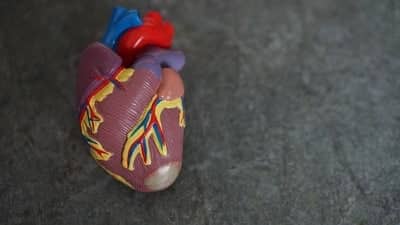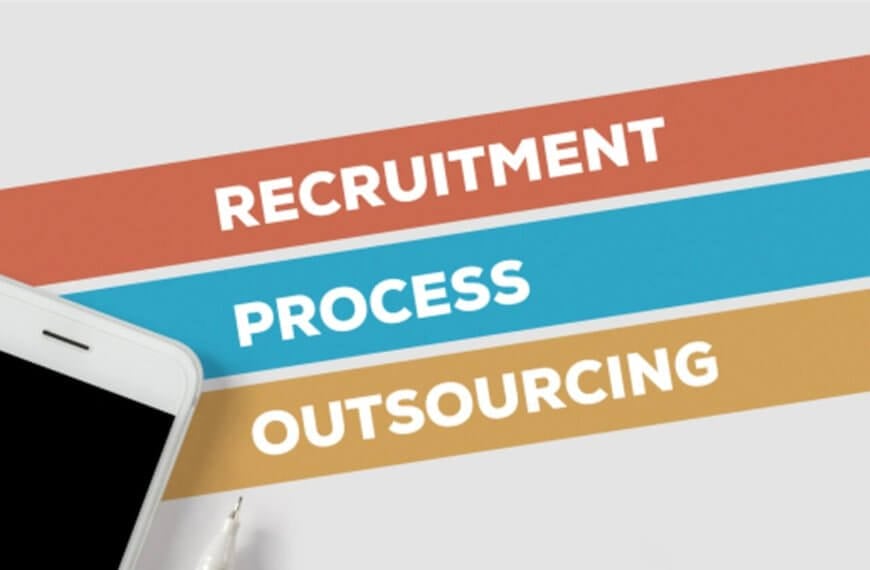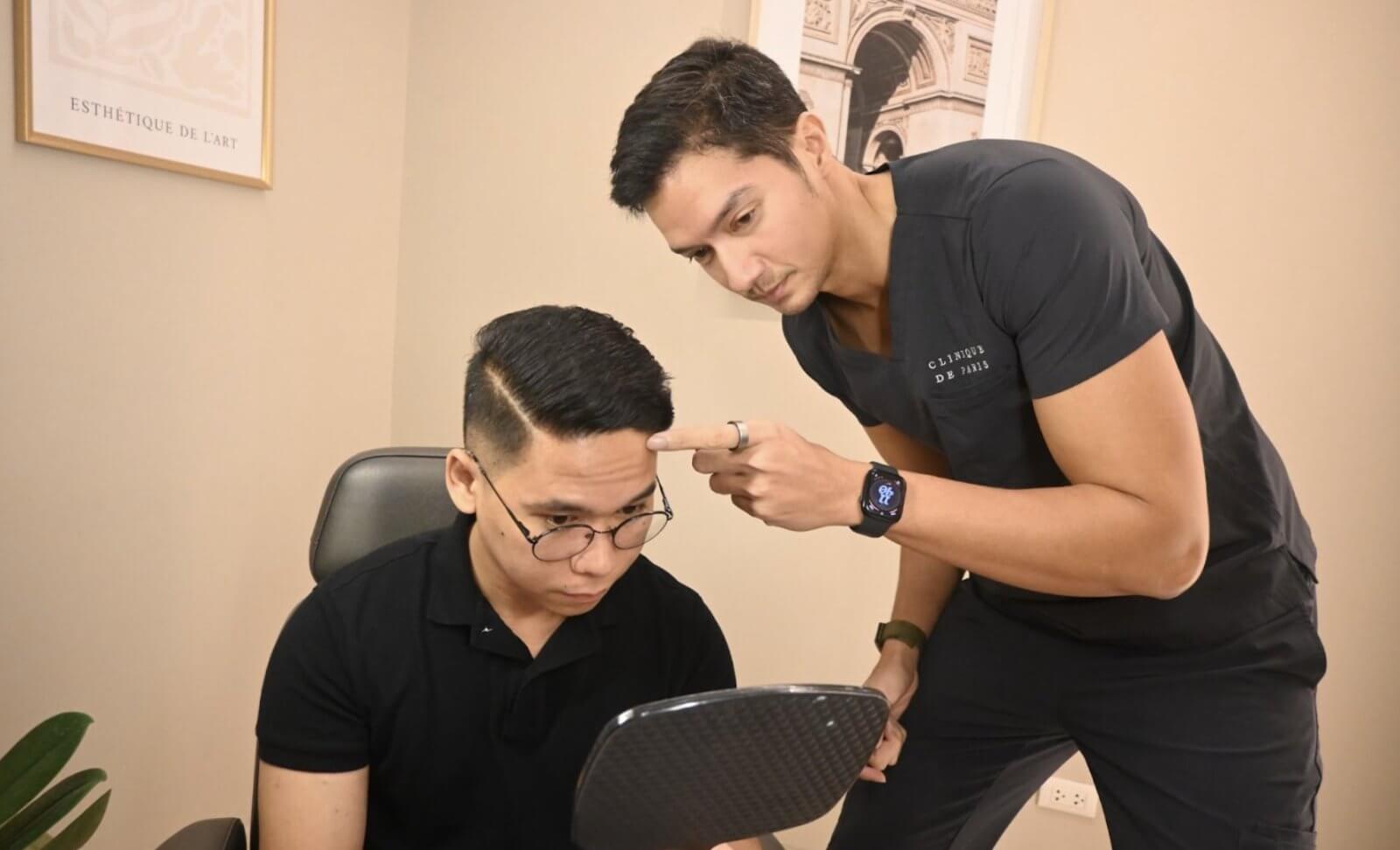by Johanna Patricia A. Cañal, MD, MHA, MSc
Attack. He had an attack. Inatake si Mang Juan. For lay people, that is fairly understandable. That’s bad news. For doctors, that just leaves us confused. That could mean either of 2 totally different entities.
A heart attack happens when the heart loses its blood supply. Huh? What? The blood passes through the heart. There’s always blood in the heart, right? Not that simple. Just like any organ, the heart needs its own supply of blood. All organs need blood as it is the blood that will bring oxygen and nutrients to that organ. So, sure, blood passes through the heart but some of that blood goes to the muscles of the heart (the heart is one big muscle) through the coronary arteries. The heart muscles need their supply of oxygen and nutrients, too. If the coronary arteries are blocked, and no blood gets to the muscle, the heart muscle can’t get the nutrients it needs to continue beating. The heart muscle dies. A heart attack ensues. The patient gets chest pain. If that blood doesn’t get to the heart muscle within 30 minutes or so, the patient may die. This is what doctors call a myocardial infarction, an MI.
A brain attack, on the other hand, is a stroke. It works the same way as a heart attack. The brain needs blood to obtain oxygen and nutrients. Without oxygen and nutrients, the brain will die. There is a golden hour after a stroke where patients can still possibly recover. That is, bring back the blood and patient will most likely recover. If this blood doesn’t come back, the patient will develop deficits and may even die. That’s not always as simple as it sounds.
There are 2 kinds of strokes—the ischemic stroke and the hemorrhagic stroke. An ischemic stroke happens when the artery that brings blood to the brain is blocked. This can be due to a blood clot, a cholesterol plaque or tumor cells. With this, a part of the brain doesn’t get its blood supply and if not corrected, this part of the brain could die. A hemorrhagic stroke means that an artery burst and blood spills out of the system. Because the blood has leaked out, it obviously does not get to the brain tissue that requires oxygen and nutrients. End effect is the same as the ischemic stroke.
Therefore, in the human being, an “attack” can mean different things. It can mean more things than discussed above. The important question is: does it matter what kind of attack this is? Short answer: YES. The management of the patient is different…quite different. Diagnosis then becomes critical.
Hello!
This short article is part of a series of articles that is designed to make health care more understandable to non-doctors.
As a way of disclosure, I am a radiologist and a radiation oncologist. My strengths, therefore, are diagnosing illness, particularly cancer, and cancer treatment. Thus, I will be talking about medical tests and what these are about.
I shall also be talking about the dreaded disease, cancer. In the 2nd decade of the 21st century, cancer is the #4 cause of death worldwide. NUMBER 4! It used to be #10. It has obviously been going up. The number 1 and 2 killers are cardiovascular diseases…translated into heart attacks and strokes. Number 3 is pneumonias and lung diseases.
The previous century was known as the century of infectious diseases. The most common causes of disease and death were bacterial and viral pneumonia and tuberculosis. The present century is the century of the lifestyle disease. That is, infections don’t play as big a part as lifestyle diseases. What are those? Heart disease, strokes, cancers and injuries/accidents.
But then again, the 21st century has just started, and we already have a pandemic. One never knows what will happen in the next 10, 20 or 30 years. Thus, this series will discuss a range of topics, hopefully the topics most relevant to you.
If there is a topic that you want clarified, please do drop me an e-mail at [email protected]. Please just fill in the subject line with: [SULIT] Your question

Johanna Patricia A. Cañal, MD, MHA, MSc
























